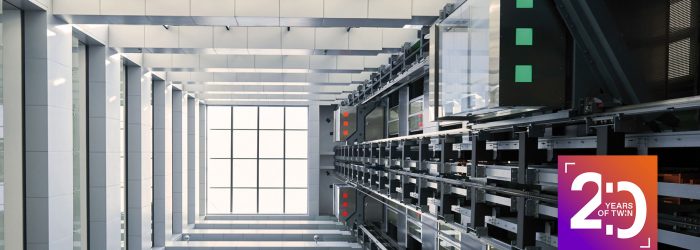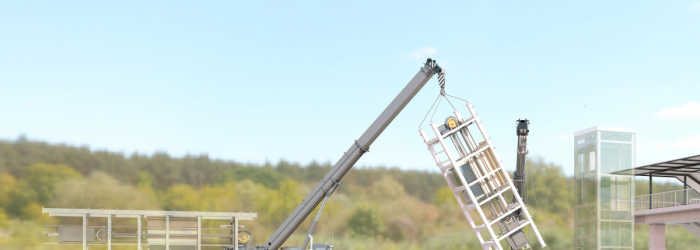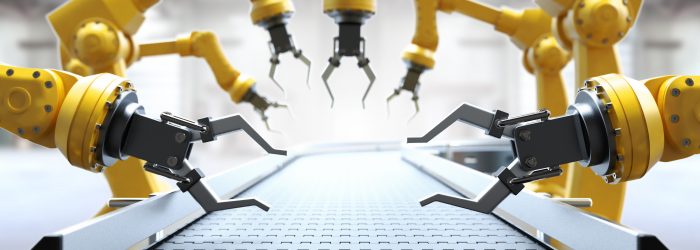
TK Elevator celebrates twenty years of TWIN
The remarkable TWIN elevator uses two cabins – moving independently in one shaft – to safely transport more passengers in fewer elevator shafts, thus freeing more rentable space at reduced construction cost and energy consumption. TK Elevator salutes the 20-year anniversary of this unique form of urban mobility – and the continuing digital evolution of sustainable buildings and cities.






